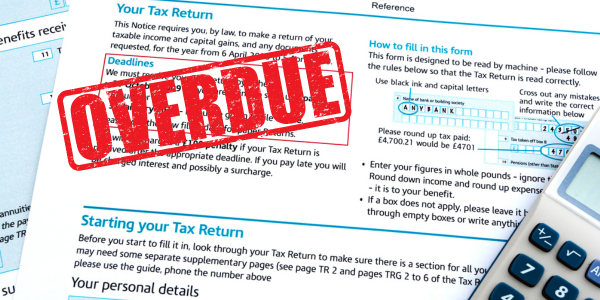Tax relief for charitable donations

Whilst most individuals and businesses make charitable donations as a financial contribution to a charity or fundraising event that they support, the taxation status of the charity and the donors will usually mean there is additional income for the charity compared to the actual donation made.
In this article, we will explore tax relief for charitable donations, the options available, and how it incentivises taxpayers to donate.
Are charitable donations tax deductible?
Yes, charitable donations can be tax deductible. However, these options will depend on whether the donor is an individual taxpayer (i.e. a single person) or a company.
Individuals that donate to charity
If a UK taxpayer makes a charitable donation to a UK registered charity, and they elect to have the donation classified under the “Gift Aid” scheme, then the charity can reclaim 25% of the donation from HMRC as tax reclaimed under the Gift Aid scheme. During the April 2023 tax year, HMRC paid charities £1.6 billion in Gift Aid.
In addition, the donor will receive tax relief on the donation. For basic rate taxpayers this is neutral but for higher or additional rate taxpayers, an additional amount of tax relief is obtained when the individual prepares and submits their self-assessment tax return.
For example, if the donation is £100, the charity can claim an extra £25 through Gift Aid from HMRC. This does require the donor to make a Gift Aid declaration. With the £100 Gift Aid donation a higher rate taxpayer can also personally claim back £25 (£125 x 20%) meaning the charity will receive £125 for a £75 cost to the donor personally!
To use Gift Aid, you must have paid enough income tax or capital gains tax to HMRC in the tax year to be equal to or more than the amount that the charity will reclaim otherwise HMRC will ask you to pay more to cover the difference.
Companies that donate to charity
Generally, qualifying charitable donations will obtain corporation tax relief if some very basic conditions are met. In summary, if a UK company donates to a registered UK charity, and there is no direct benefit to the donor, then a corporation tax deduction will be available.
Company donations do not qualify for the gift aid scheme, but the charity still benefits from the donation.
Charity sponsorship payments are treated differently than a donation because the company gets something in return. You can deduct sponsorship payments from your business profits before you pay tax by treating them as business expenses.
Payments qualify as business expenses if the charity:
- publicly supports your products or services
- allows you to use their logo in your own printed material
- allows you to sell your goods or services at their event or premises
- links from their website to yours
HMRC provide a useful helpline for companies to use if unsure whether a charity payment qualifies as a sponsorship payment or a donation.
If you have any further questions on charitable donations, gift aid or any other matter, please contact your local Perrys branch.








